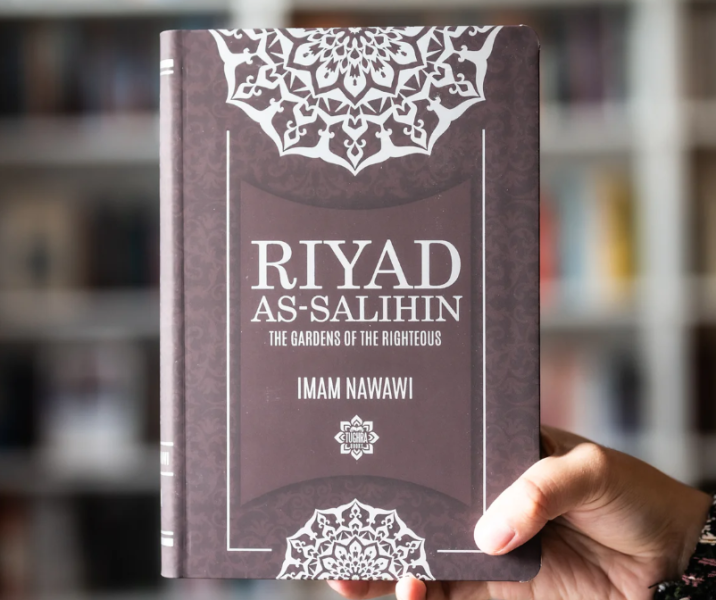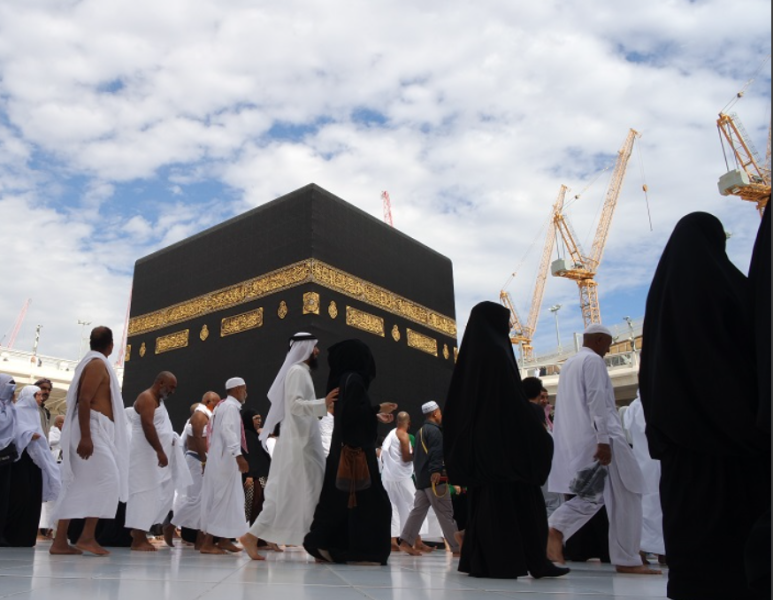Fasting during Ramadan is one of the five pillars of Islam, holding great significance for Muslims around the world. This sacred month is not only a time for abstaining from food and drink but also a period for spiritual growth, reflection, and community. This article explores the importance of fasting in Ramadan from an Islamic perspective, drawing on teachings from the Quran and Hadith.
The Concept of Fasting
Fasting, known as Sawm (صوم) in Arabic, involves abstaining from food, drink, smoking, and marital relations from dawn (Fajr) until sunset (Maghrib). The practice of fasting is rooted in the Quran, where Allah commands believers:
"يَا أَيُّهَا الَّذِينَ آمَنُوا كُتِبَ عَلَيْكُمُ الصِّيَامُ كَمَا كُتِبَ عَلَى الَّذِينَ مِن قَبْلِكُمْ لَعَلَّكُمْ تَتَّقُونَ"
(“O you who have believed, decreed upon you is fasting as it was decreed upon those before you that you may become righteous.”)
(Surah Al-Baqarah, 2:183)
This verse establishes fasting as an obligation and a means to attain Taqwa (تقوى), or consciousness of God.
Spiritual Benefits
1. Self-Discipline
Fasting teaches self-control and discipline. By abstaining from basic needs, Muslims learn to overcome physical desires, fostering a greater awareness of their spiritual needs. The Prophet Muhammad (صلى الله عليه وسلم) said:
"الصيام جُنّة."
(“Fasting is a shield.”)
(Sahih Bukhari)
This Hadith highlights fasting as a protective measure against sin and temptation, encouraging believers to develop stronger moral character.
2. Empathy and Compassion
Experiencing hunger and thirst during fasting fosters empathy for those who are less fortunate. It reminds Muslims of the struggles faced by the needy and encourages acts of charity (Zakat) and generosity. The Prophet Muhammad (صلى الله عليه وسلم) emphasized this connection when he said:
"من لا يُؤثِر الناسَ فليس منا."
(“He is not one of us who does not care for others.”)
(Sahih Bukhari)
3. Spiritual Reflection and Connection
Ramadan is a time for increased prayer (Salah), reading of the Quran, and reflection. The month is often referred to as the "month of the Quran," as it was during this time that the Quran was revealed. Allah says:
"شهر رمضان الذي أنزل فيه القرآن هدى للناس وبينات من الهدى والفرقان."
(“The month of Ramadan is that in which was revealed the Qur'an, a guidance for the people and clear proofs of guidance and criterion.”)
(Surah Al-Baqarah, 2:185)
This period encourages believers to deepen their relationship with Allah and seek forgiveness and guidance.
Community and Unity
Fasting in Ramadan also fosters a sense of community. Muslims gather for Iftar (the meal to break the fast) at sunset, often sharing meals with family, friends, and neighbors. This communal aspect reinforces bonds of brotherhood and sisterhood among Muslims.
The Prophet Muhammad (صلى الله عليه وسلم) said:
"افطروا على تمر، فمن لم يجد فماء، فإن الماء طهور."
(“Break your fast with dates; if there are no dates, then with water, for it is purifying.”)
(Sunan Abu Dawood)
Sharing meals symbolizes unity and compassion, as families and communities come together in worship and gratitude.
Health Benefits
While the spiritual and communal aspects are paramount, fasting also offers health benefits. Intermittent fasting can lead to improved metabolism, better digestion, and a clearer mind. Many Muslims report feeling rejuvenated after the month of Ramadan, both physically and spiritually.
Conclusion
Fasting in Ramadan is a profound expression of faith and devotion in Islam. It serves to cultivate self-discipline, empathy, spiritual reflection, and community cohesion. Through fasting, Muslims not only fulfill a religious obligation but also strive for personal growth and a deeper connection with Allah.
As Ramadan approaches, it is an opportunity for Muslims to renew their commitment to their faith, engage in acts of worship, and foster a spirit of compassion and generosity. In the light of Islam, Ramadan is a transformative month that enriches the lives of believers and strengthens their bonds with each other and with their Creator.










